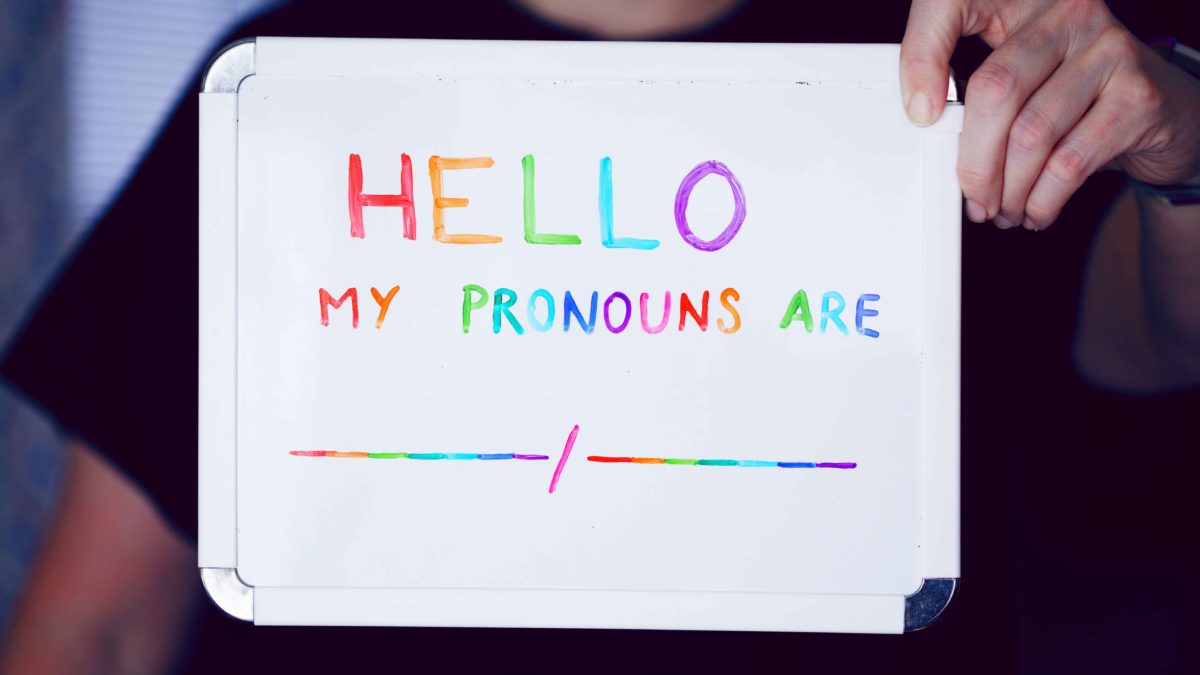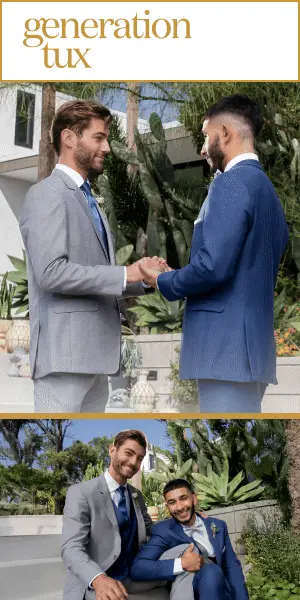At Equally Wed, we interact daily with incredible vendors who work hard to be the best LGBTQ+ allies they can be.
These vendors understand that allyship is a verb. It requires consistent action. Those who are true LGBTQ+ allies regularly take the initiative to educate themselves, correct the behavior of others, and listen to those around them about how they can do better.
Because everyone can always do better.
Some vendors, however, have more work to do than others. Lately, we’ve noticed that several who call themselves LGBTQ+-inclusive are not supportive of every single letter in that acronym.
Namely, transgender allyship is overwhelmingly lacking. Whether out of ignorance or something more purposeful, transphobia continues to be rampant in the wedding industry—even among those who call themselves allies.
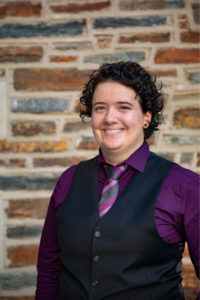
Carly Miller, who is nonbinary and specializes in officiating LGBTQ+ weddings, says that in their experience, more than 90 percent of vendors who identify as LGBTQ+ allies repeatedly misgender trans and nonbinary folks.
“I believe it mostly comes from ignorance,” they said, “as I hear things like, ‘I don’t use pronouns so I don’t need to learn about them,’ which completely misunderstands what pronouns are. If you use the words ‘he’ and ‘she’ for people at all then you are using pronouns.”
In fact, Miller said they have never officiated a wedding for a trans or nonbinary couple in which every vendor has correctly gendered the marriers.
“Especially if you’re going to promote yourself as LGBTQ+ friendly, you need to do the work of educating yourself about trans and nonbinary persons, not just gay and lesbian couples,” they said. “Even if you’ve been in the wedding industry a long time and think you’ve never encountered trans or nonbinary folks you almost certainly have, but if you don’t provide an opportunity for folks to share about their gender identity or pronouns with you then they aren’t going to feel safe to do so.”
Miller urged vendors to take the time to educate themselves, saying that oftentimes, all it takes is Google.
“If you don’t understand certain terms around transgender inclusion or come across a pronoun you haven’t seen before, look them up. Equality and inclusion are a never-ending learning experience.”

Crystal Whiteaker, DEI consultant and founder of Crystal Lily Creative, said being inclusive means doing so in every aspect of your life and business.
“Using visuals, badges, and language to invite people into your brand who are a part of marginalized communities is only part of the work towards inclusion. If you’re saying or doing things in your business to signal to people that you’re inclusive, but you still use harmful language in various situations (think comment threads on social media or in private conversations), continue to work with non-inclusive vendors, or exclude people from some marginalized communities (like people from the LGBTQ+ community), then your business isn’t genuinely inclusive.”
Claiming allyship without living it, Whiteaker explained, is merely “performative action.” This can actually be more harmful to LGBTQ+ people, since the discrimination they face will be unexpected.
“Imagine what it might feel like to be invited to dinner by someone you admired,” Whiteaker said, “only to arrive and learn they talked about you negatively when you weren’t in the room; or even asked you to leave, because they decided they didn’t like the way you looked while sitting at their table. How would that make you feel?”
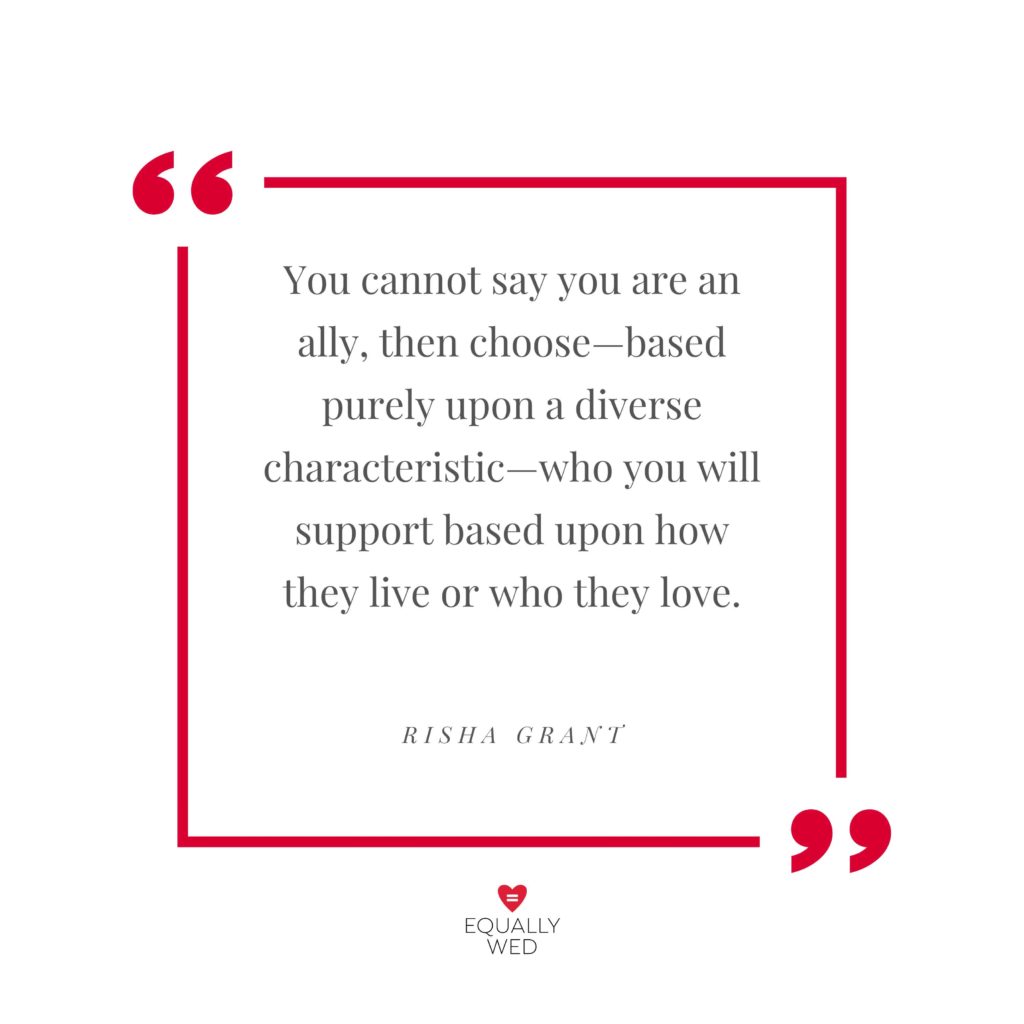 Now think about that happening while planning your wedding, a time that is supposed to be the happiest, most exciting of your life.
Now think about that happening while planning your wedding, a time that is supposed to be the happiest, most exciting of your life.
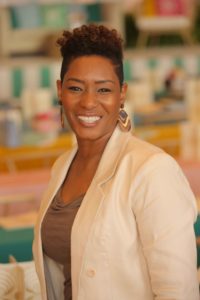
Diversity, inclusion and bias expert Risha Grant emphasized the importance of recognizing that you are not a true ally until you support everyone.
“You cannot say you are an ally, then choose—based purely upon a diverse characteristic—who you will support based upon how they live or who they love.”
Grant, who is also a member of the LGBTQ+ community, said the first step to changing is the willingness to do so.
Whether or not you identify with some of the behavior discussed above, there are always steps you can take to do better. Change will only come when you are open to it and when you begin taking action.
“In the meantime,” Grant said, “all we can do is keep being fabulous, loving people who continue to live our lives with love and respect toward others. As we do that, hopefully people will see that we are all worthy of basic human rights of common courtesy and respect and equity.”
Featured photo by Sharon McCutcheon
Molly Sprayregen
MOST VIEWED STORIES
- Your 2026 Wedding Planning Playbook: Decoded from the Year’s Trending Google Searches
- Supreme Court Declines to Hear Marriage Equality Case
- From Swipe to Soulmates: How Daniel & Michael Found Love After a Life-Changing Spinal Cord Injury
- Brighten Your Smile: 5 Teeth Whitening Options for Your Engagement Photos and Wedding Day
- Romantic Outdoor Rome Wedding with Lilac Florals and a Lego Ritual



